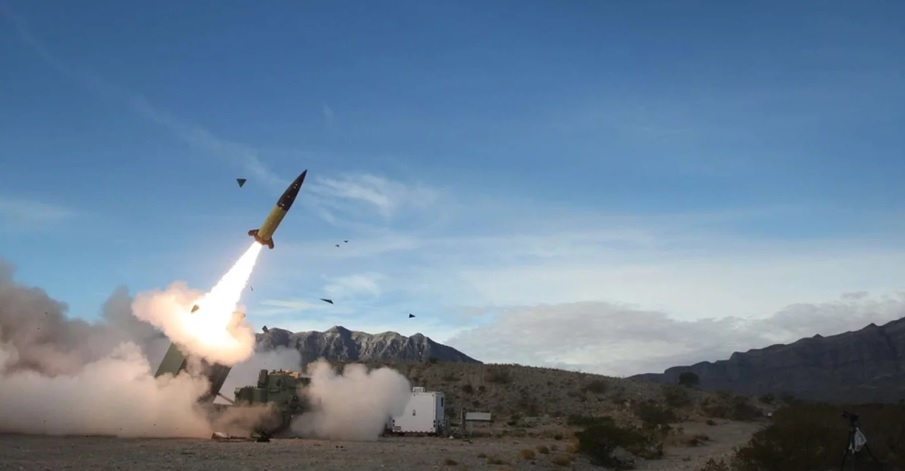
Morocco has successfully conducted a test of the Israeli-made EXTRA guided rocket, signalling a significant step in modernising its long-range artillery capabilities.
The Royal Armed Forces (FAR) carried out the exercise on August 21 in the eastern part of the country, hitting a target at 150 kilometres with a 306-millimeter projectile carrying a 120-kilogram warhead.
According to the Israeli specialist site Nziv.net, the exercise marks a major technical milestone, reflecting Morocco’s growing proficiency in high-precision firing systems.
The test also showcased the PULS multiple launchers from Elbit Systems, capable of firing both EXTRA rockets and 370-millimeter Predator Hawk missiles with a maximum range of 300 kilometres.
The introduction of these launchers enhances Morocco’s strategic flexibility, providing increased deterrence and power projection potential. The exercise demonstrates a broader push by Rabat to modernise its artillery amid evolving regional security dynamics.
The contract with Elbit Systems, valued at $150 million (approximately 1.6 billion dirhams) over three years, underlines Morocco’s commitment to adopting advanced international standards in long-range missile technology.
This acquisition is intended not only to improve tactical capabilities but also to strengthen surveillance and defensive readiness along Morocco’s eastern borders.
Observers note that the deployment of the EXTRA rocket and PULS launchers aligns with Morocco’s broader military modernisation agenda, reflecting a focus on precision, extended range, and interoperability with advanced systems.
The combination of long-range guided rockets and versatile launch platforms positions Morocco among the leading regional powers in artillery technology.
By successfully integrating these systems, the Royal Armed Forces aim to bolster deterrence while signalling their ability to respond effectively to potential threats.
The test highlights Rabat’s continued investment in defence innovation as part of a long-term strategy to maintain regional stability and strengthen national security infrastructure.



